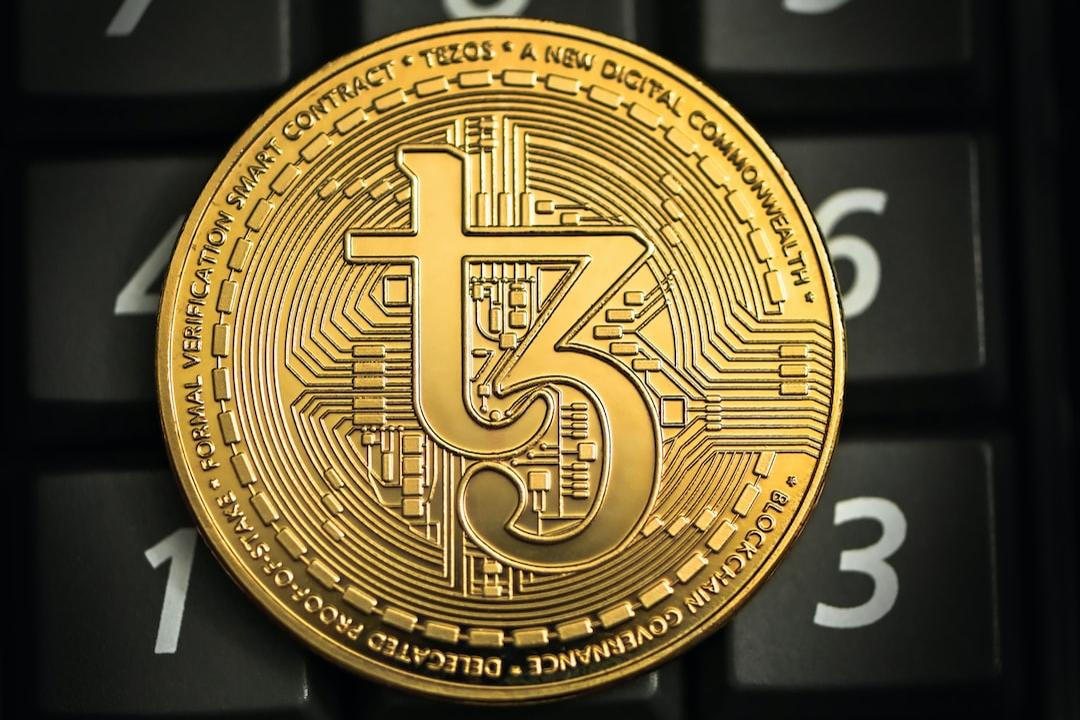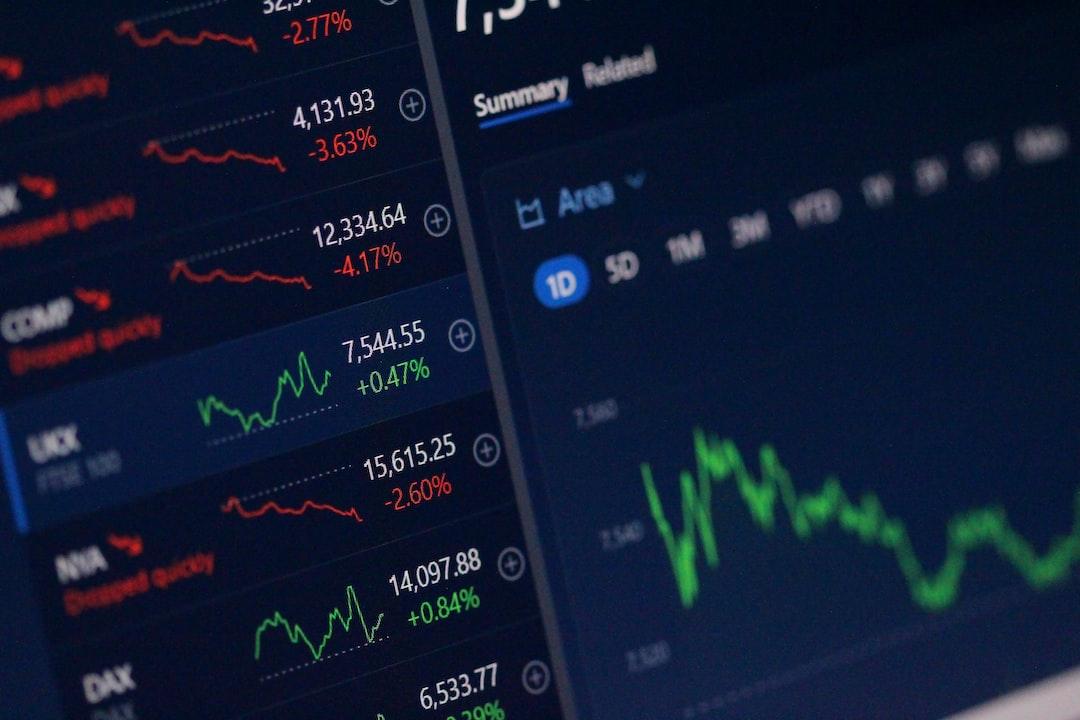Ethereum’s Recent Surge Following Pectra Upgrade: Perspectives from Bulls and Bears
Ethereum, which has just completed its Pectra upgrade, has seen an astonishing increase recently, with optimists betting on a return to a bull market, while bears question the upward momentum. This article summarizes various viewpoints.
(Background: Ethereum announces the upcoming “Fusaka Upgrade” to launch by the end of the year, introducing PeerDAS to enhance blob availability and reduce costs for L2 and validators.)
(Context: The Trump family increases their Ethereum holdings; the Pectra upgrade has been so successful that WLFI will continue to fight alongside.)
Whether you are inside or outside the circle, you must have heard some news about Ethereum in recent days. The reason is simple: Ethereum, which once caused the E guardians to lament and nearly washed out defenders, skyrocketed by “40% in three days,” reaching the top of Douyin’s hot list.

Where Does the Upward Momentum Come From?
As is well known, Ethereum launched its Pectra upgrade on May 7. This is the most significant network upgrade since early 2024, integrating the Prague execution layer hard fork and the Electra consensus layer upgrade, significantly enhancing Ethereum’s performance through 11 improvement proposals.
The account abstraction feature (EIP-7702) allows users to flexibly manage wallets through social media accounts or multi-signature schemes, lowering the barrier to entry and attracting more users and developers. The staking mechanism optimization increases the ETH cap for validators from 32 ETH to 2048 ETH and introduces flexible withdrawal options, facilitating institutional and individual participation in network security while enhancing market confidence in Ethereum’s long-term value.
At the same time, Pectra has optimized the interaction efficiency of Layer 2 networks like Arbitrum and Optimism, resulting in faster transaction speeds and lower costs, leading to an explosion in on-chain activity. As a key step for Ethereum moving from “2G” to “5G,” the Pectra upgrade not only boosts network vitality but also injects “confidence capital” into the market, directly driving price increases.

Not only is it Ethereum itself, but significant positive news has also emerged from Wall Street.
The world’s largest asset management company, BlackRock, has proposed to the SEC to allow Ethereum ETFs to stake. This proposal is expected to elevate Ethereum ETFs from simple investment tools to “yield-generating assets” similar to bonds, bringing investors both capital appreciation and passive income, and igniting optimistic sentiment in the market regarding Ethereum’s future potential.

Specifically, BlackRock proposed to amend its S-1 filing to allow investors to create and redeem ETF shares directly with Ethereum instead of US dollars (i.e., physical redemption), deepening the integration of traditional finance and blockchain, in conjunction with its $2.9 billion BUIDL fund launched in March 2024. The BUIDL fund executes tokenized investments in traditional assets such as US Treasury bonds on the Ethereum network. This is extremely attractive to institutional investors, as they can not only share in the price appreciation of Ethereum but also gain stable cash flow through staking.
Robert Mitchnick, head of digital assets at BlackRock, stated in a CNBC interview in March 2025 that the introduction of staking functionality would significantly enhance the attractiveness of Ethereum ETFs. He admitted that market demand was lukewarm after the launch of Ethereum spot ETFs in July 2024 due to the lack of staking functionality, and that staking could be the key to turning the situation around.
Meanwhile, the SEC’s changing attitude toward cryptocurrency regulation has also fueled this price surge. During the tenure of the previous SEC chair, the agency maintained a tough stance, strictly categorizing staking as a potential unregistered security based on the Howey test, and explicitly prohibiting staking functionality when approving Ethereum spot ETFs in May 2024.
However, with Trump returning to the White House and the SEC under new leadership from Paul Atkins, there has been a noticeable loosening of crypto regulations. In addition to BlackRock, ETF issuers like Invesco Galaxy, VanEck, WisdomTree, and 21Shares have also submitted similar applications for staking and physical redemption.
Nonetheless, if staking ETFs are approved, the benefits could extend far beyond just price increases. The introduction of staking functionality may redefine the role of crypto assets, bringing them closer to traditional financial products that provide both yields and capital appreciation, thereby pushing Ethereum towards mainstream finance.
Currently, the SEC still needs to address several decisions related to crypto ETFs, including whether to approve spot ETFs for other cryptocurrencies such as Solana, XRP, Litecoin, and even Dogecoin. As calls for a “altcoin season” grow louder, Ethereum’s strong performance may just be the beginning of a larger crypto market surge.
Additionally, the DeFi project WLFI, associated with the Trump family, is also optimistic about this surge, with frequent on-chain activity. According to on-chain data analyst @ai_9684xtpa, WLFI-related addresses are borrowing to go long on ETH, borrowing 4 million USDC from Aave to purchase 1,590 ETH at an average price of $2,515.
Has Ethereum Reached its Peak?
This epic surge in Ethereum after a six-month lull has indeed instilled more confidence and hope in the community, also revitalizing the entire altcoin market. However, amidst the joy, there are also bearish voices. The following is a summary based on discussions in the community by BlockBeats.
Optimists point out that the current market structure is similar to the pre-bull market in 2016 and 2020, predicting that life-changing surges may occur in the next 3-6 months, with some altcoins potentially achieving astonishing daily increases of 40%.
@liuwei16602825 stated that this surge indicates a bull market return that is “set in stone.” There is no need to worry about pullbacks. The main force behind the increase uses high-cost isolation trading, fearing declines more than any retail investor, and will certainly protect the market.
Bears mainly believe that this surge is different from the bull market of 2021; the current market lacks confidence in significant retail inflows and long-term holding. The pace of capital rotation is too fast.
@market_beggar observed that large whales on Bitfinex have begun to take profits, suggesting that if these whales continue to liquidate positions at a high speed in the coming days, it may indicate a lack of optimism regarding ETH’s upward potential, preparing to cash out, and the focus should be on liquidation timing.

@FLS_OTC expressed that there are still many uncertainties at the macro level, and liquidity cannot sustain a major bull market. The current stage is a “dead cat bounce,” rather than a complete reversal, and they will maintain a short position.
@off_thetarget believes that since ETH transitioned from POW to POS, it has lost the “gold standard” support of mining power costs, and the staking economic model has led to a failure in value anchoring; meanwhile, the L2 ecosystem (like Starknet, zkSync, etc.) has fragmented liquidity, failing to form an effective capital flow mechanism, causing the splitting model to collapse; additionally, the ETH community’s excessive pursuit of technical narratives has detached from actual demand, leading to weak ecological growth. Therefore, they believe that ETH’s intrinsic value system has collapsed, and the price will inevitably plummet to the range of $800-1200, decisively going short at the $1,800 level.
@Airdrop_Guard, based on the core logic of “high-probability trading strategies,” stated that when three trading systems with different underlying logic (such as volume exhaustion, price supply and demand, long and short holding rates, etc.) simultaneously issue short signals at the same price level (2580), it forms a high-probability trading opportunity. They emphasized that these systems must be based on different algorithms and logic (not merely a combination of technical indicators), and the current movement of ETH meets multiple independent short conditions in their trading system, leading to the choice to short.
Overall, Bitcoin still maintains over 54% market dominance, and the continuous preference of institutional funds for it may limit the upward potential of altcoins. The future direction of the market will depend on multiple factors, such as Bitcoin’s price movements, the global macroeconomic situation, and whether funds can effectively rotate from Bitcoin into the altcoin domain.
Although Ethereum’s recent leadership has brought about optimistic sentiment, investors still need to remain rational, as different segments of altcoins are likely to show divergent trends. Whether this round of Ethereum’s rise can usher in a true altcoin frenzy may still require more time and favorable conditions.



